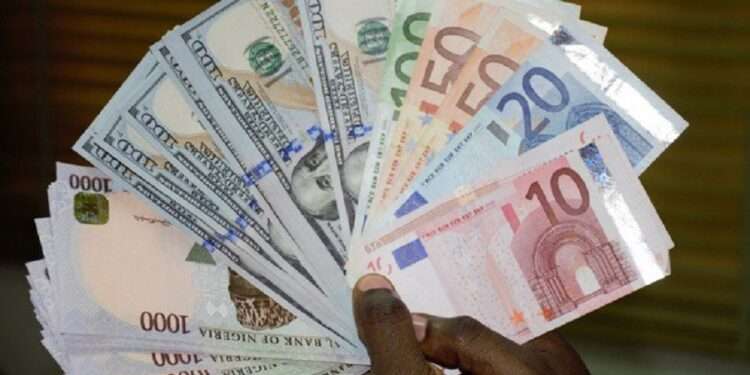The naira exhibited mixed performance in the foreign exchange market on Tuesday, reflecting fluctuations in global currency dynamics and domestic policy indications. The local currency appreciated against the British pound, gaining strength as market demand shifted in favor of the naira. Conversely, it experienced a decline against the U.S. dollar, highlighting the ongoing pressure from demand for dollars in import and remittance channels.
Market analysts attribute this divergence to the Central Bank of Nigeria’s (CBN) dovish stance, which has sustained liquidity within the financial system while adopting a cautious approach to any tightening measures. The CBN has indicated its commitment to stabilizing growth, promoting credit expansion, and managing inflationary concerns gradually, eschewing aggressive policy increases.
This environment has bolstered the naira’s position against non-dollar currencies, such as the pound and euro, while rendering it susceptible to fluctuations against the dollar, which continues to receive global investor preference as a safe-haven asset.
Traders observe that the naira’s strength against the pound may alleviate pressure on import costs for goods sourced from the United Kingdom. However, its depreciation against the dollar presents persistent challenges for businesses reliant on U.S.-sourced inputs and for Nigerians pursuing studies or travel abroad.
Looking forward, analysts anticipate that exchange rate movements will continue to be responsive to both global monetary trends and domestic policy implementation. The CBN’s ability to balance support for growth with effective inflation control is anticipated to shape the medium-term trajectory of the currency.




